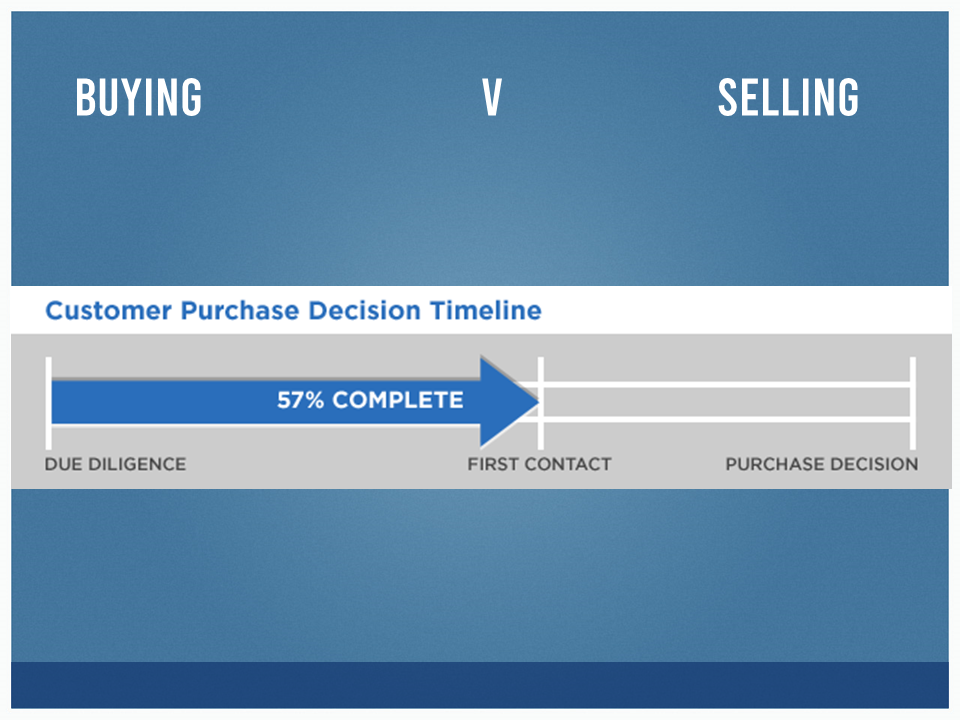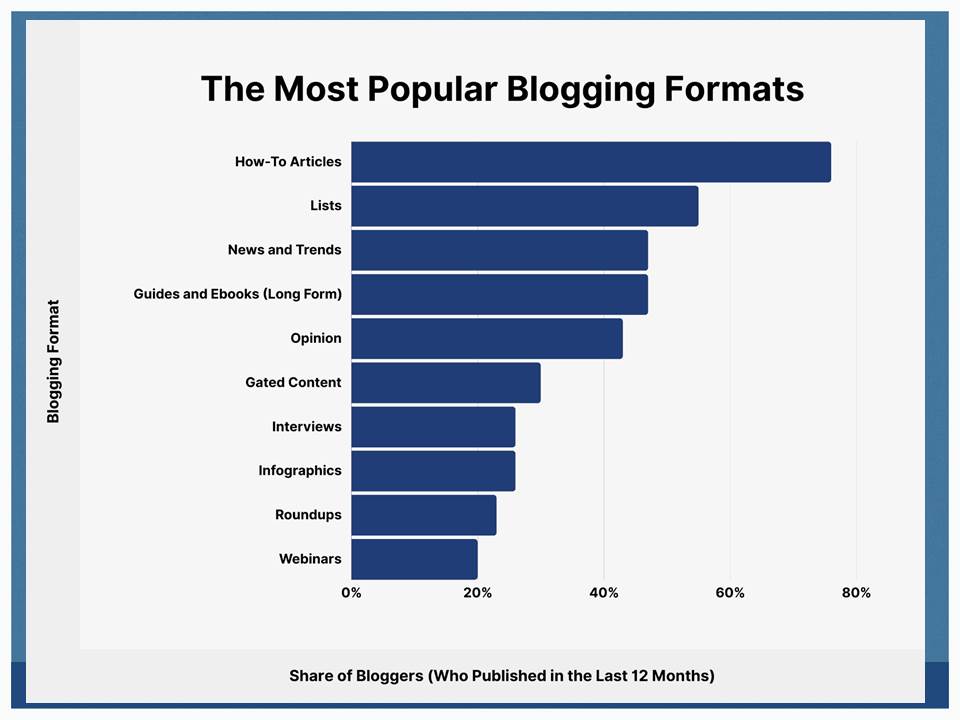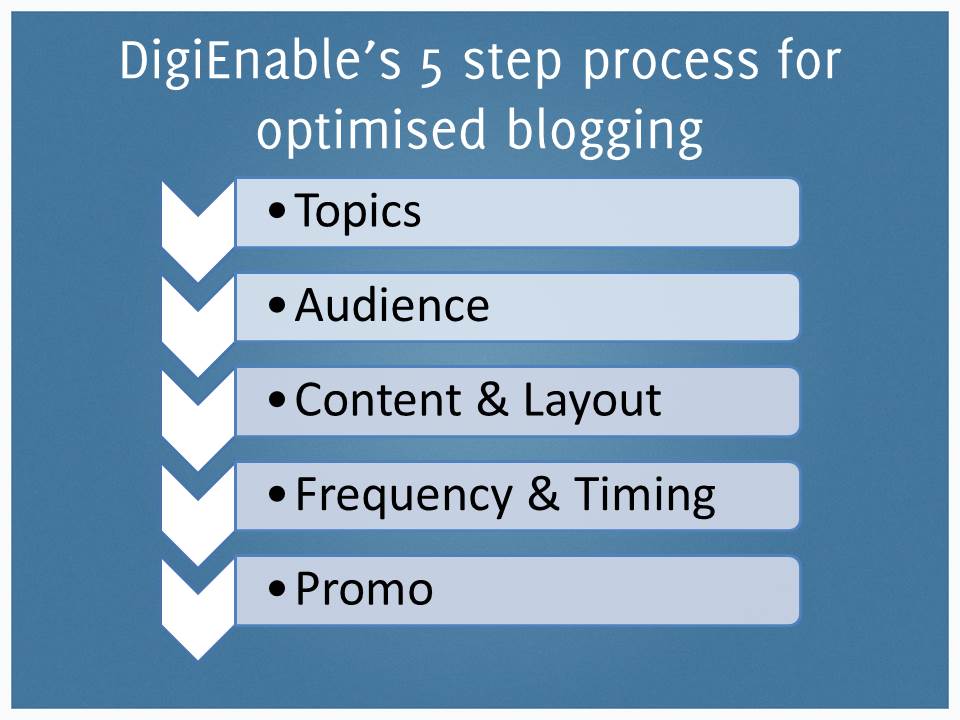First off, what is content marketing?
Content marketing is any marketing that involves the creation and sharing of media and publishing content in order to acquire and retain customers.
This information can be presented in a variety of formats, including news, video, white papers, e-books, Infographics, case studies, how-to guides, question and answer articles, photos, etc
Content marketing is a strategy for attracting, engaging and converting new and existing customers for your business. It’s basis is not in selling, but creating value and positioning yourself as a trusted and authoritative source of information.
Wikipedia.org
Why does Content Marketing Matter?
Loads of reasons why you should use content marketing or “blogging”, here’s a few…
- Establish Authority
- Increase your engagement and rapport
- Reach a wider audience with strategic content
- Get more people, spending more time on your site
- Collect email addresses
- It gets shared
Do the stats back it up?
•83% of internet users read blogs, and 77% engage with them
•44% of buyers read 3 to 5 pieces of content before engaging with a seller
•71% of B2B buyers consume blog content during their buyer journey
•72% of online marketers describe content creation as their most effective SEO tactic


Stats from : https://backlinko.com/blogging-stats
So how to write an optimised blog?

Here’s out simple 5 step process to go through! Running through this in order will make sure you optimise your time in creating the content, but also mean the content is as optmimised as possible for full results!
Some free keyword research tools for blogging…
https://ads.google.com/aw/keywordplanner
https://ahrefs.com/keyword-difficulty
https://trends.google.com/trends
Step 1 – Pick Your Topic
- •Focused Niche
- •Who’s your target audience
- •Relevant to what you want to sell
- •What you know about / What you could write about
- •Your passion
- •Your audiences passion/interest
- •Your USP
- Pick Your Content Type
Step 2 – Review this for your Audience
Reflect on if your target audience would read it? What would they like to see less of/more of/different style of?
Step 3a – List of Content Types for Blogs
- How-To Articles
- Lists (odd numbers)
- News and Trends
- Opinion
- Interviews
- Roundups
- Guides and eBooks (Long-form)
- Infographics
- Webinars
- Special Days themes
Step 3b – Consider Your Layout and Language for Your Content Marketing
- •Write in Chunks
- •Use subheadings
- •Use images, links and screenshots
- •Use different formatting styles – H1, H2, H3
- •Easy to understand language and structure
- •Your voice and style
Your Blog in Numbers…
- •Title 6 words max
- •Minimum 300 words
- •Optimal 1000-15000 words
- •Long form 2225-2500 words
- •Consider multiple parts = more content
- •Frequency versus Value
- •7 minute read-time optimal
8.5 billion searches are performed on Google Each Day (Sept 2024)
What does Google want from a top blog?
- •Fresh content and ideas
- •Relevant topics
- •Original content not shared elsewhere
- •Reliable information and sites
- •Helpful content
https://developers.google.com/search/docs/appearance/ranking-systems-guide
Step 4 – Frequency & Timing for Optimal Blogging
We use a simple strategy to get this right, answer the following…
- •Why?
- •Who?
- •How?
- •What?
- •When?
- •Where?
Next step, if you have any existing blogs, websites or socials, look at the analytics of your posts. If they are your target audience, when are they reading and/or engaging with your posts?
Reflect on what you can repurpose – what do you already have that can be re-used? Once you’ve created your new blog, can you craft it into different content for different mediums (Omni-channel style)
For frequency, that’s really down to you. The most important thing is actually consistence! Every month? That’s cool! Every quarter, no problem! Just try not to be all one week, then nothing the next!
